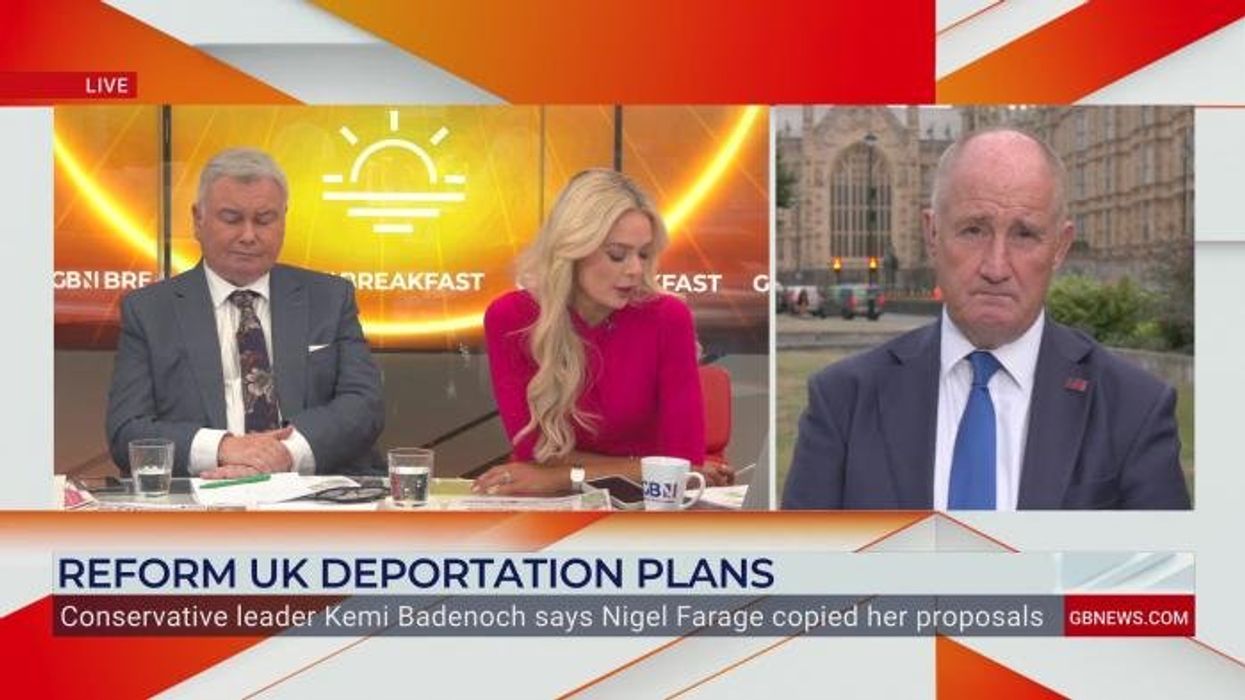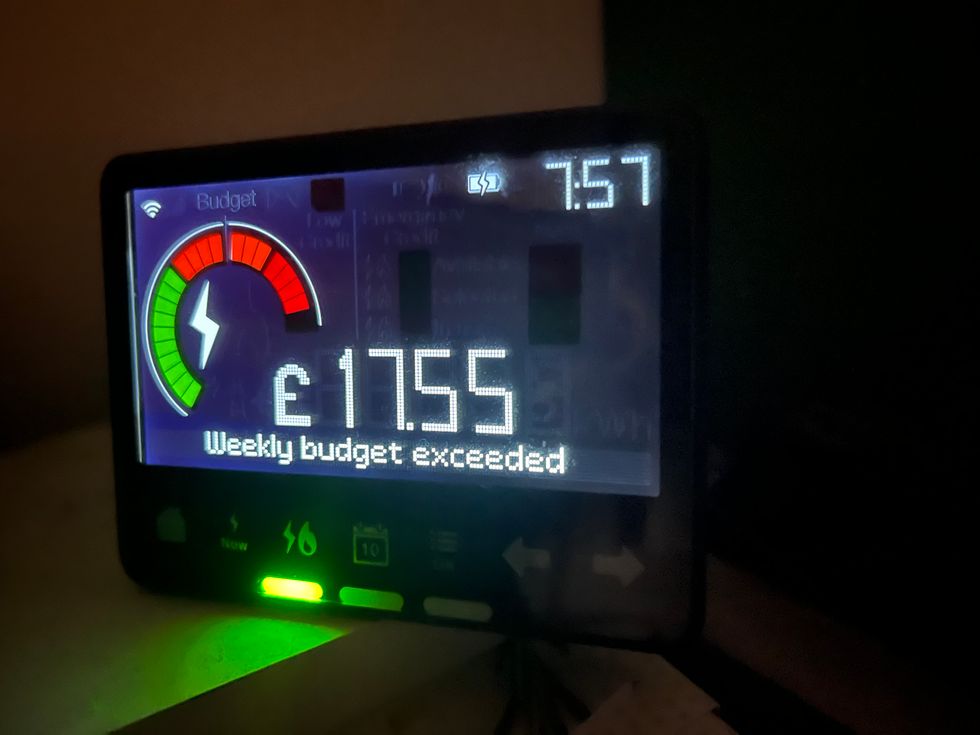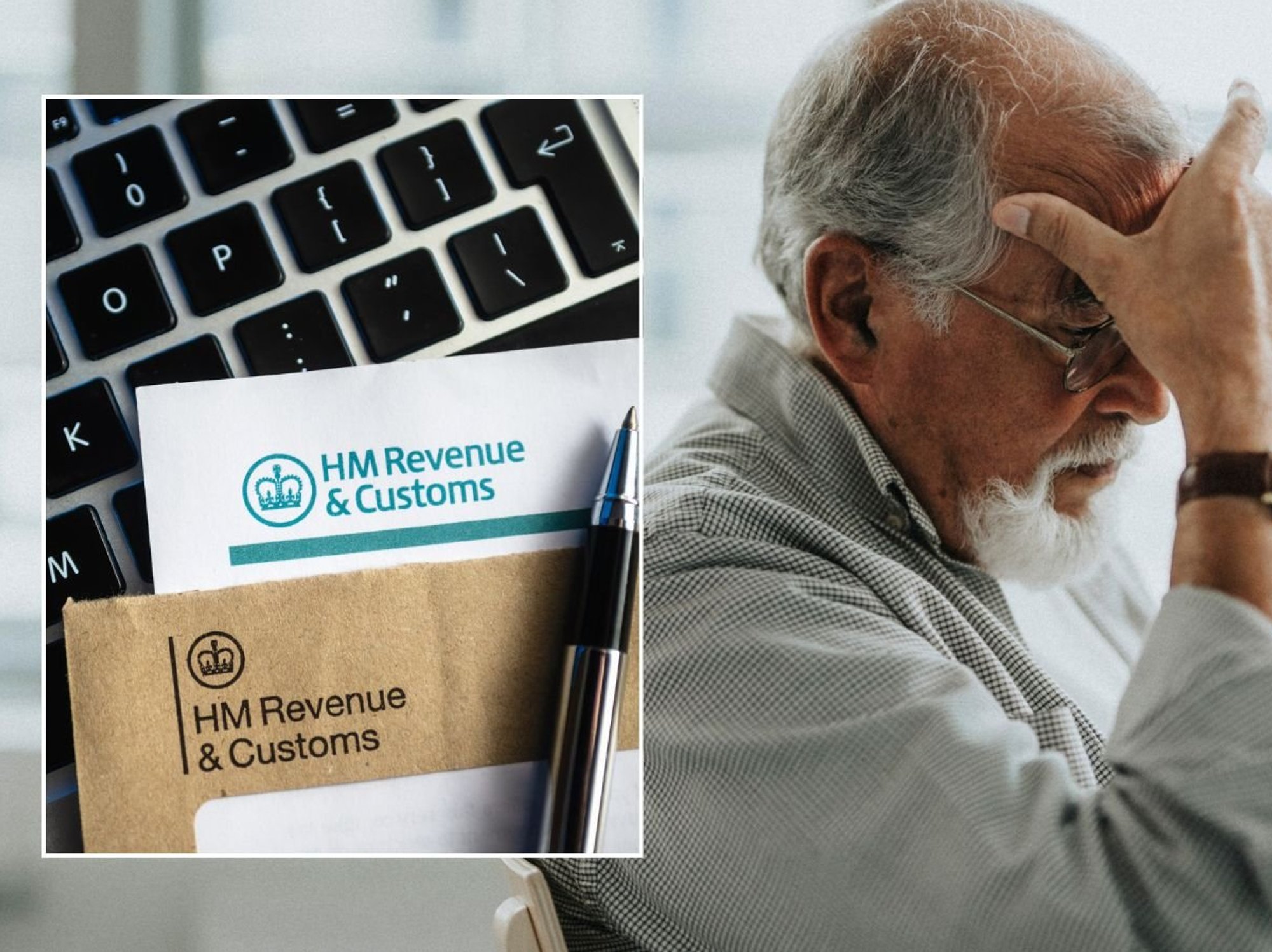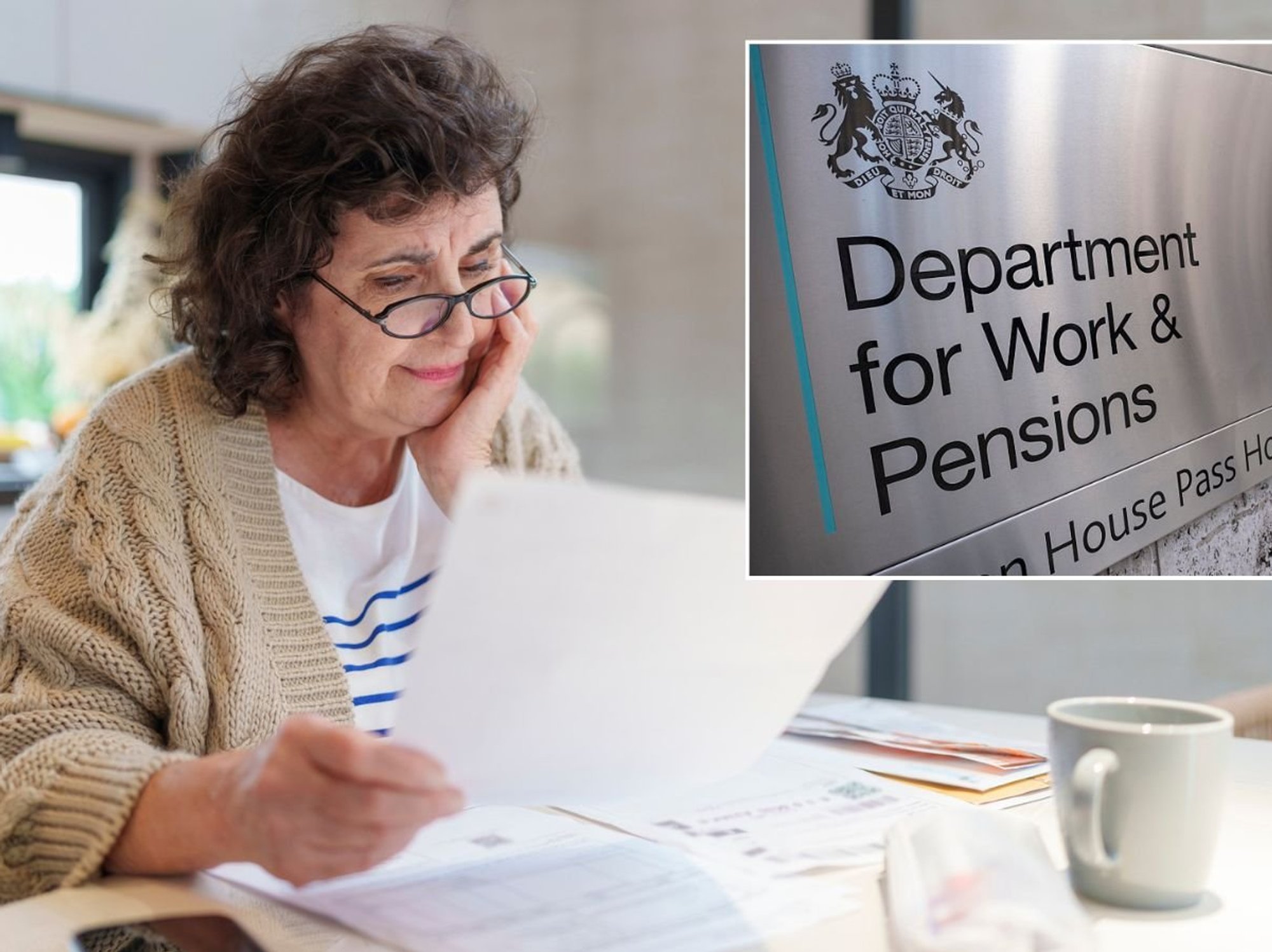Energy price cap 'should be SCRAPPED' as it costs households £200 a year - Britons warned 'no one benefits!'

Kevin Hollinrake takes aim at Labour 'ideology' as energy price cap increases |
GBNEWS

Experts warn the price cap has created 'inertia' in the market, stopping families from switching to cheaper deal
Don't Miss
Most Read
Latest
Calls are growing for Britain’s energy price cap to be scrapped, with industry experts warning it is pushing up bills instead of protecting households.
From Wednesday, the cap rises again to £1,755 a year for typical usage, just as families brace for higher heating costs this winter.
Critics argue the Ofgem scheme, introduced in 2019 to stop unfair pricing, has "fostered complacency" and left many households stuck on default tariffs, missing out on cheaper fixed-rate deals that could save up to £200 a year.
The pressure is mounting on Chancellor Rachel Reeves to act before the Autumn Budget, with scrapping the five per cent VAT on energy also being considered.
Neal Slater, head of trading at So Energy, argues that "no one benefits" from the price cap, stating that "everyone seems to be losing out in one degree or another."
The energy price cap has created a false sense of security for millions of households, according to industry experts, who warn it is stopping people from seeking cheaper deals.
Gareth Kloet of Gocompare said: "The cap has definitely left an inertia in the market, with some customers thinking, 'Is it really worth the hassle of switching?'"
This complacency is costing families money, with many overlooking fixed-rate deals that could save hundreds of pounds a year.
As Mr Slater explained: "For some people, [a fixed deal] might only be a £200 a year saving, so they just don't bother."
Quarterly changes to the cap have also added to the confusion, making it harder for households to predict their bills.

Energy price cap 'should be SCRAPPED' as it costs households £200 a year - 'no one benefits!'
| GETTYRichard Neudegg, director of regulation at Uswitch, described the cap’s protection as "inch deep, mile wide," adding: "We would question where it's giving protection at all, but if we assume it is, it's giving thin protection to a large number of people."
Instead, he argued, support should be targeted more directly: "It’s more important to go inch wide, mile deep and give a lot of help to people who really need it. Everybody else could just get a fixed deal."
Richard Hughes from EDF proposes implementing a social tariff with specific eligibility criteria, noting that whilst standard variable tariffs resemble social tariffs, they lack proper targeting.
The 2022 energy crisis highlighted just how limited the price cap really is, with the government forced to step in despite the supposed protections it offered.

Britain's energy market is evolving towards time-sensitive consumption patterns
| GETTYExperts say the cap’s calculation method only adds to the problems. Slater described the system as "complex and arduous," noting that it forces suppliers to build in risk premiums that end up pushing bills higher for customers.
Critics also argue the rigid structure of the cap stifles innovation. Suppliers are prevented from introducing more flexible pricing options, particularly around new green technologies such as solar panels, heat pumps and electric vehicles.
"There are innovative tariffs designed for solar panels, heat pumps and EVs. There'll be more coming," Mr Slater notes, warning that consumers won't embrace these options "if they've got this artificial shield that isn't necessarily doing what they think it's doing."
Mr Neudegg emphasises that Britain's energy market is evolving towards time-sensitive consumption patterns, stating: "We're going to move to a market where it really matters when people are consuming energy. In that, the price cap doesn't really work for where things are going."

Ofgem has initiated multiple consultations regarding the price cap's future
| PAOfgem has initiated multiple consultations regarding the price cap's future, with recent proposals requiring suppliers to provide low-standing-charge tariffs potentially necessitating additional regulatory frameworks.
Political considerations complicate potential reforms, with Neudegg observing: "It's probably very politically difficult to remove it entirely because of its name. It's got to at least be reformed and there's going to have to be something different in the longer term."
An Ofgem spokesperson maintains the cap serves as a "back stop so consumers are not paying more than they should for the energy they use," whilst acknowledging superior deals exist.
Market evolution may render the cap obsolete naturally, as increased adoption of fixed-rate and green energy tariffs could diminish its relevance, though meaningful change likely requires sustained pressure from both consumers and policymakers.
More From GB News










